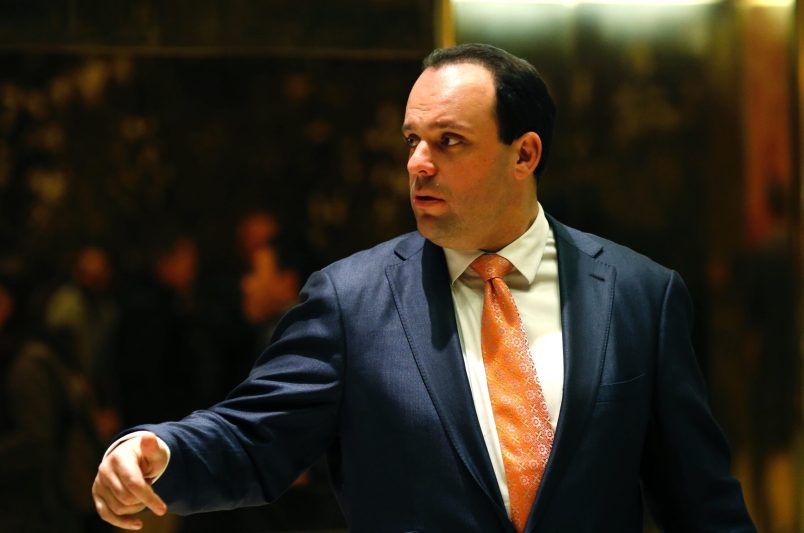Atrios quotes this passage from Richard Clarke’s interview tonight on CBS at length. But it’s worth excerpting again for reasons I note below …
“We had a terrorist organization that was going after us! Al Qaeda. That should have been the first item on the agenda. And it was pushed back and back and back for months.
“There’s a lot of blame to go around, and I probably deserve some blame, too. But on January 24th, 2001, I wrote a memo to Condoleezza Rice asking for, urgently — underlined urgently — a Cabinet-level meeting to deal with the impending al Qaeda attack. And that urgent memo– wasn’t acted on.
“I blame the entire Bush leadership for continuing to work on Cold War issues when they back in power in 2001. It was as though they were preserved in amber from when they left office eight years earlier. They came back. They wanted to work on the same issues right away: Iraq, Star Wars. Not new issues, the new threats that had developed over the preceding eight years.”
Clarke finally got his meeting about al Qaeda in April, three months after his urgent request. But it wasn’t with the president or cabinet. It was with the second-in-command in each relevant department.
For the Pentagon, it was Paul Wolfowitz.
Clarke relates, “I began saying, ‘We have to deal with bin Laden; we have to deal with al Qaeda.’ Paul Wolfowitz, the Deputy Secretary of Defense, said, ‘No, no, no. We don’t have to deal with al Qaeda. Why are we talking about that little guy? We have to talk about Iraqi terrorism against the United States.’
“And I said, ‘Paul, there hasn’t been any Iraqi terrorism against the United States in eight years!’ And I turned to the deputy director of the CIA and said, ‘Isn’t that right?’ And he said, ‘Yeah, that’s right. There is no Iraqi terrorism against the United States.”
Clarke went on to add, “There’s absolutely no evidence that Iraq was supporting al Qaeda, ever.”
This is the essence of the whole story. Everything.
As Talleyrand said of the restored <$Ad$>Bourbons, they had learned nothing and forgotten nothing during their time in exile. So too with the foreign policy coterie President Bush brought back from the cold in January 2001.
One chilling note in this passage is that Paul Wolfowitz, the prime architect and idea man of the second Iraq war, spent the early months of the Bush administration focused on “Iraqi terrorism against the United States”, something that demonstrably did not even exist. A rather bad sign.
The bigger point, however, is this.
The first months of the Bush administration were based on a fundamental strategic miscalcuation about the source of the greatest threats to the United States. They were, as Clark suggests, stuck in a Cold War mindset, focused on Cold War problems, though the terms of debate were superficially reordered to make them appear to address a post-Cold War world.
That screw up is a reality — their inability to come clean about it is, I suspect, is at the root of all the covering up and stonewalling of the 9/11 commission. And Democrats are both right and within their rights to call the White House on it. But screw-ups happen; mistakes happen. What is inexcusable is the inability, indeed the refusal, to learn from them.
Rather than adjust to this different reality, on September 12th, the Bush war cabinet set about using 9/11 — exploiting it, really — to advance an agenda which had, in fact, been largely discredited by 9/11. They shoe-horned everything they’d been trying to do before the attacks into the new boots of 9/11. And the fit was so bad they had to deceive the public and themselves to do it.
As the international relations expert John Ikenberry noted aptly in a recent essay, the Bush hardliners “fancy themselves tough-minded thinkers. But they didn’t have the courage of their convictions to level with the American people on what this geopolitical adventure in Iraq was really about and what it would cost.”
To revert again to paraphrases of Talleyrandian wisdom, this was worse than a crime. It was a mistake — though I suspect that when the full story is told, we’ll see that it was both.






